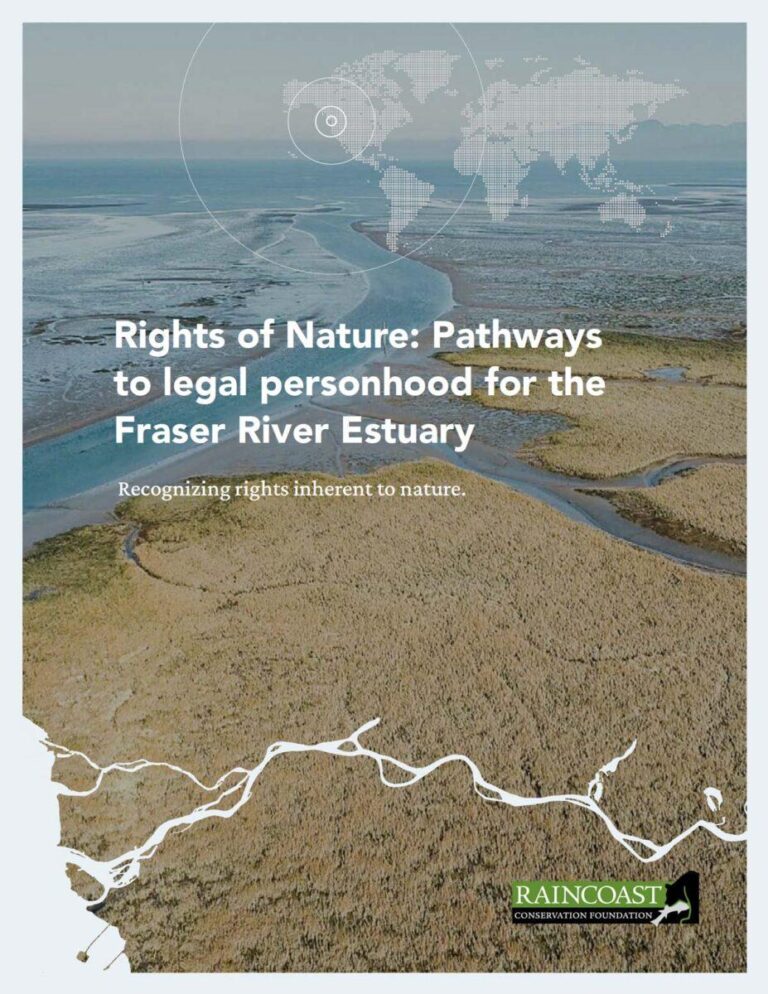UK campaigners have introduced a groundbreaking bill aimed at granting legal rights to nature, marking a significant shift in environmental protection efforts. The proposed legislation seeks to recognize ecosystems and natural entities as rights-holders, empowering them with legal standing in courts. Advocates argue that this move could transform the way environmental damage is addressed, providing stronger safeguards against pollution and habitat destruction. The campaign has garnered attention amid growing concerns over biodiversity loss and climate change, prompting debates about the role of the law in safeguarding the natural world.
UK Campaigners Advocate for Legal Personhood for Nature to Enhance Environmental Protection
Advocates across the UK have introduced groundbreaking legislation aimed at recognizing nature as a legal entity. This move seeks to grant ecosystems, rivers, and forests rights similar to those held by individuals and corporations, fundamentally reshaping environmental governance. Proponents argue that bestowing legal personhood on nature would empower courts to enforce stricter protections and hold violators accountable, dramatically enhancing efforts to combat climate change and biodiversity loss. The proposed bill emphasizes the need for a paradigm shift from seeing nature as property to recognizing it as a rights-bearing entity deserving of respect and care.
Central to the campaign are several key objectives:
- Legal recognition: Nature would have the right to exist, flourish, and regenerate.
- Enforcement mechanisms: Designated guardians could represent natural entities in legal proceedings.
- Long-term sustainability: Policies would prioritize the health of natural systems over short-term industrial gains.
Experts warn that, while the approach is unprecedented in UK law, it aligns with emerging international trends where courts have begun acknowledging rights of rivers, forests, and other natural features. The campaigners believe this legislative push could set a powerful example worldwide, ensuring environmental stewardship is embedded into the core of legal frameworks.
| Aspect | Traditional Law | Legal Personhood Model |
|---|---|---|
| Nature’s Status | Property | Rights-holder |
| Legal Representation | None | Court-appointed guardians |
| Protection Level | Reactive | Proactive & preventive |
| Enforcement | Limited by ownership | Independent standing in court |
Proposed Bill Seeks to Hold Corporations and Governments Accountable for Ecological Harm
A groundbreaking legislative proposal aims to transform the way environmental damage is addressed in the UK by establishing legal rights for nature itself. If enacted, this bill would empower communities, activists, and watchdogs to take direct legal action against corporations and government bodies responsible for ecological degradation. The initiative represents a shift from traditional environmental policies by recognizing ecosystems as entities with intrinsic rights, rather than mere resources to be managed or exploited.
Key provisions of the bill include:
- Legal standing for ecosystems: Rivers, forests, and wildlife habitats could be represented in court.
- Accountability measures: Corporations and public agencies would face stricter penalties for environmental violations.
- Restorative justice: Obligations to repair or restore damaged natural areas would be enforced.
| Stakeholder | Proposed Responsibility | Potential Penalty |
|---|---|---|
| Corporations | Prevent pollution & restore habitats | Fines up to £10 million |
| Local Governments | Protect biodiversity in planning | Loss of funding & legal sanctions |
| Environmental Agencies | Ensure compliance & transparency | Leadership review & penalties |
Experts Recommend Strengthening Enforcement Mechanisms to Ensure Effective Implementation of Nature Rights
Advocates for granting legal rights to nature argue that without robust enforcement frameworks, such legislation risks becoming symbolic rather than transformative. Experts emphasize that clear, actionable penalties and well-resourced monitoring bodies are crucial to ensure compliance. They recommend establishing independent environmental oversight agencies empowered to investigate violations and hold offenders accountable, aligning with international best practices in environmental governance.
Additionally, campaigners suggest integrating community engagement mechanisms to foster transparency and participatory decision-making. Proposed components include:
- Regular environmental audits conducted by third parties
- Legal standing for citizens and advocacy groups to initiate action on behalf of nature
- Mandatory environmental impact assessments with public consultation periods
| Enforcement Element | Purpose | Expected Outcome |
|---|---|---|
| Independent Oversight | Monitor compliance and investigate violations | Increased accountability |
| Community Participation | Enable public input and legal action | Greater transparency |
| Penalties & Sanctions | Deter environmental harm | Effective deterrence |
In Summary
As the debate unfolds, the proposed bill marks a significant step in the UK’s evolving relationship with the natural world, challenging traditional frameworks that treat nature as property rather than a rights-bearing entity. Whether the campaign will succeed in reshaping environmental law remains to be seen, but it undeniably signals growing momentum among activists and lawmakers to place nature’s protection at the heart of policy decisions. The coming months will be critical in determining if the UK sets a new precedent in recognizing and safeguarding the legal rights of the environment.




